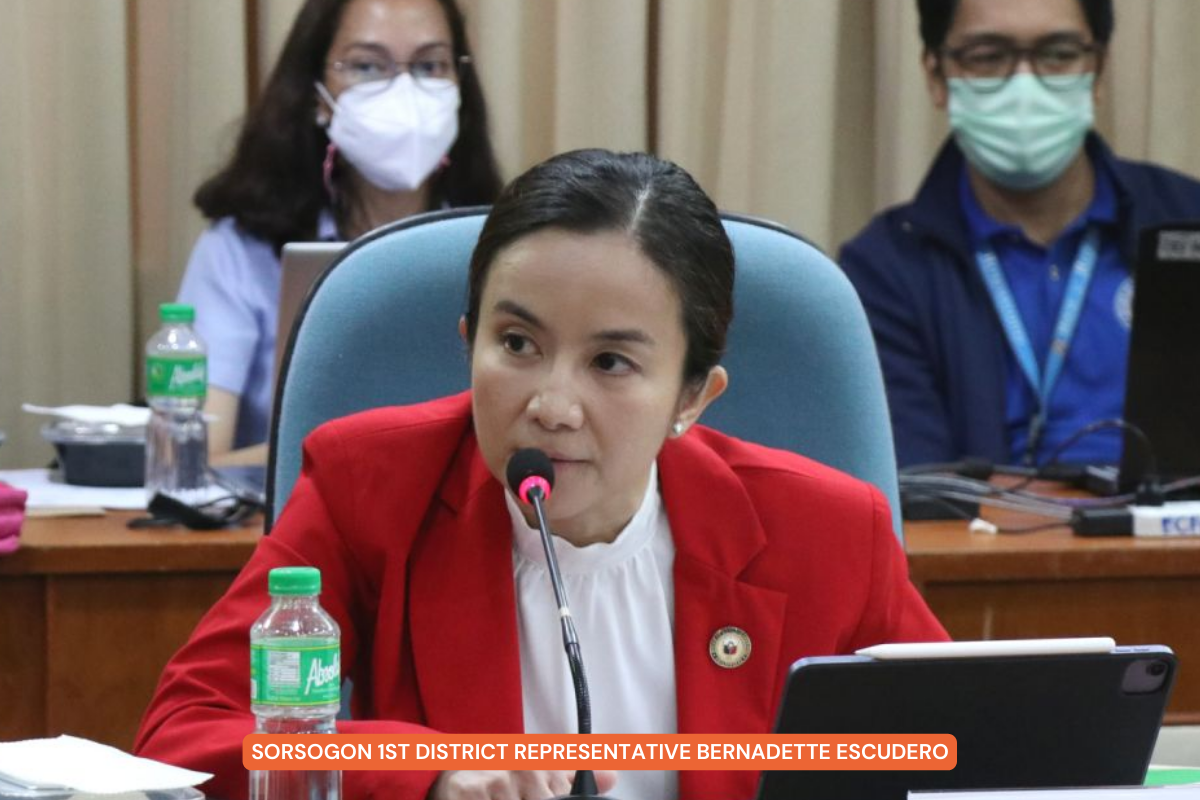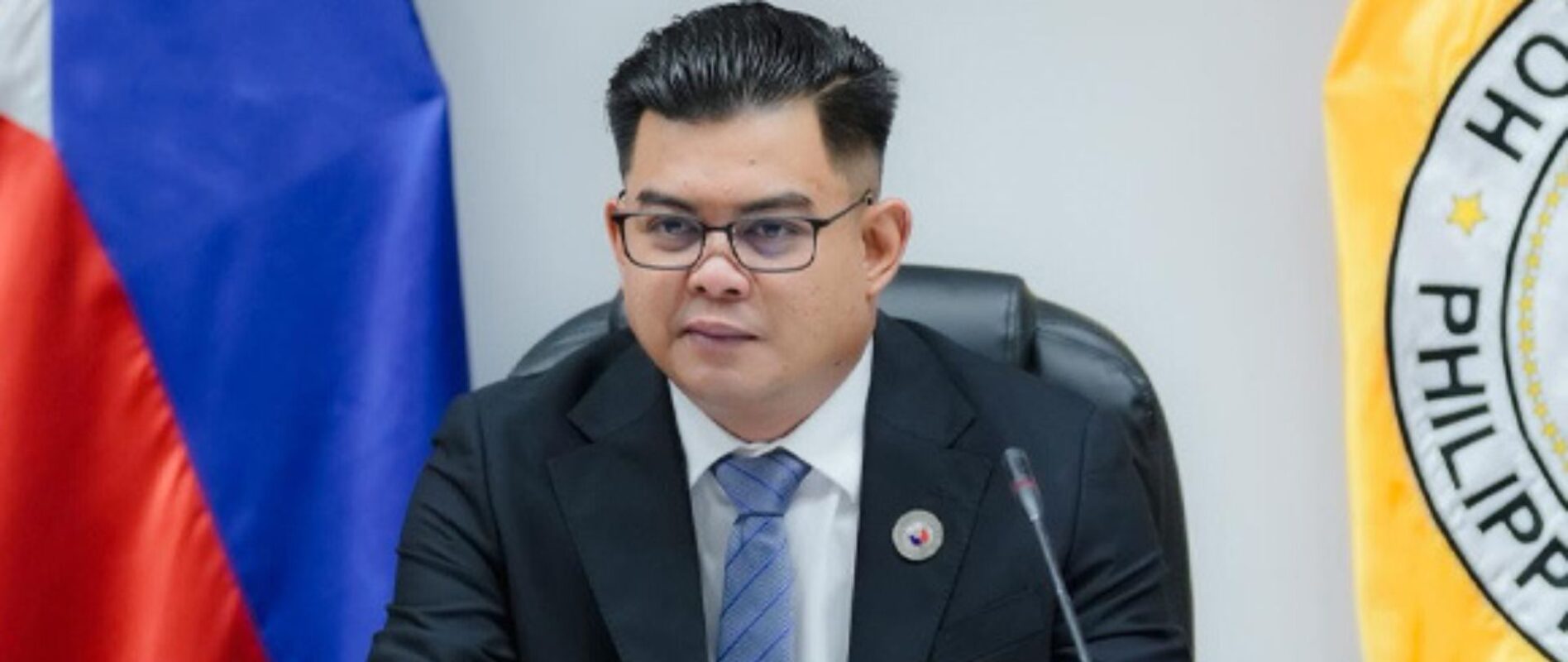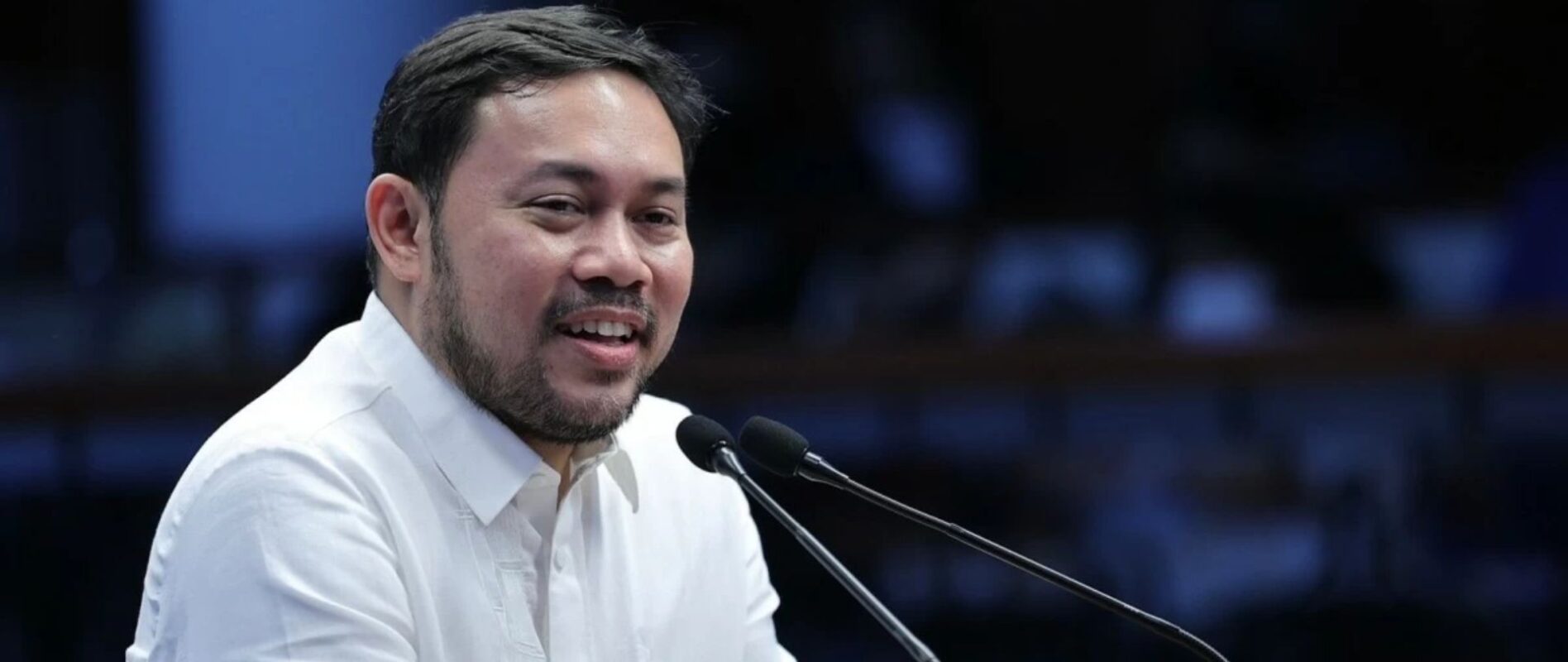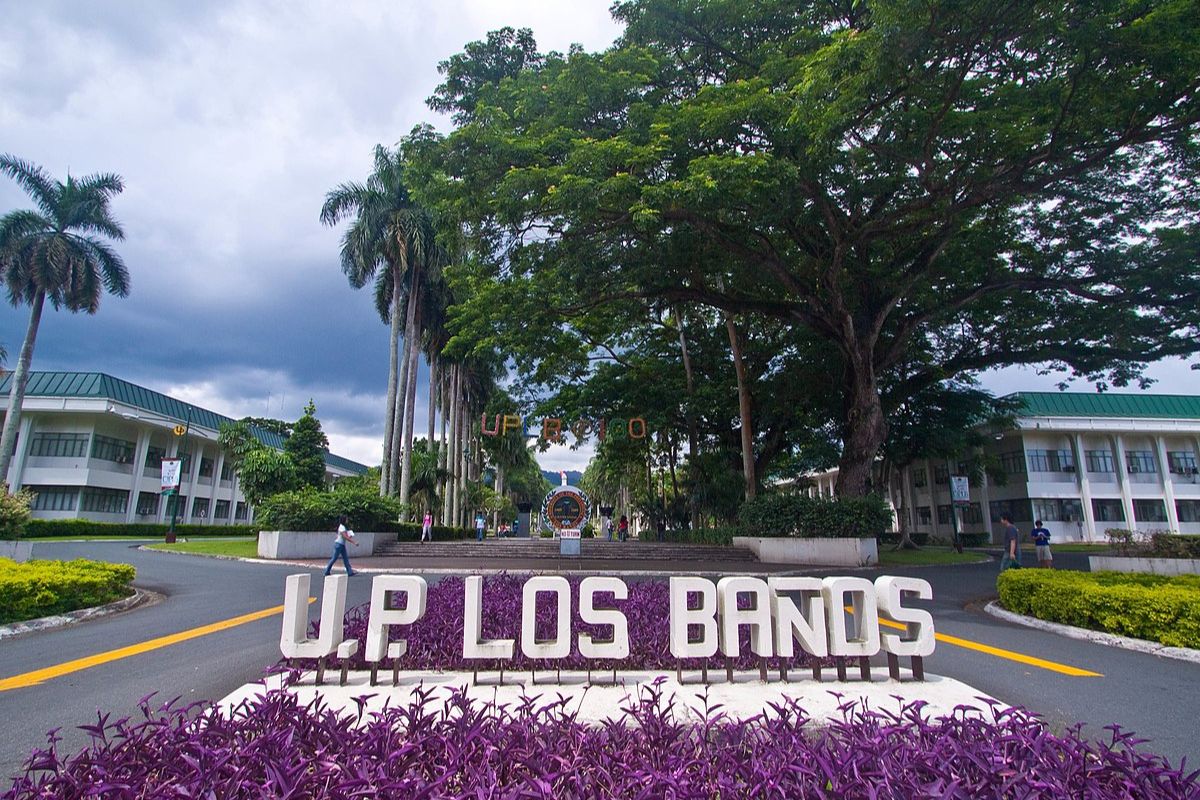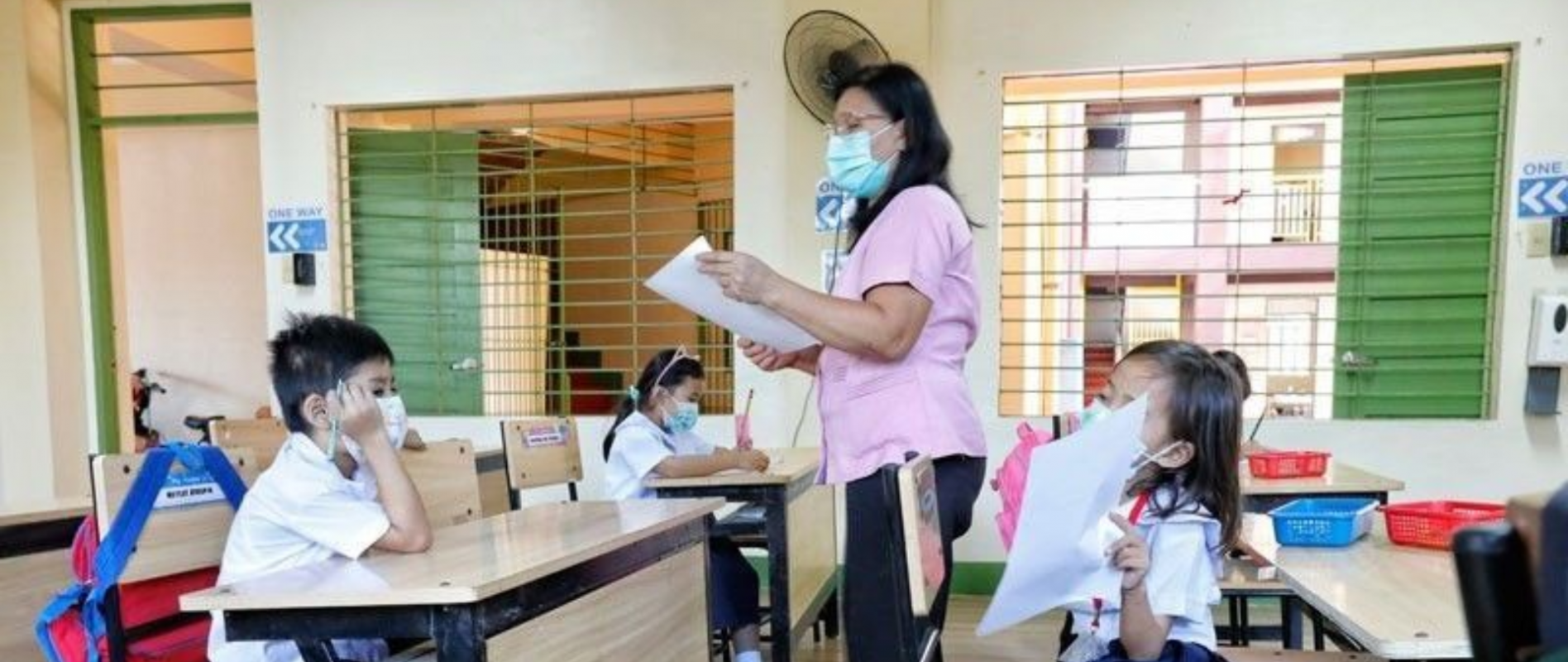EDCOM 2 SEEKS CLARITY ON IMPLEMENTATION OF 23 NATIONAL EDUCATION LAWS IN BARMM
THE SECOND Congressional Commission on Education (EDCOM 2) has called for urgent legal clarification on the implementation and funding of 23 national education laws within the Bangsamoro Autonomous Region in Muslim Mindanao (BARMM), citing inconsistent interpretations that have led to service delivery gaps in critical sectors such as education and nutrition.
In a high-level coordination meeting, EDCOM 2 underscored the need for clear guidance on whether national programs in BARMM should be funded by National Government Agencies (NGAs) or through the region’s annual block grant.
These conflicting interpretations have resulted in delays or withholding of essential subsidies and student-centered programs, including school feeding initiatives and scholarships.
The ambiguity stems from differing readings of the Bangsamoro Organic Law or Republic Act No. 11054, particularly Article VI, Section 13, which explicitly states that certain national programs and projects—such as the School Building Program—shall continue to be funded by the National Government.
Despite this provision, several NGAs have treated the BARMM block grant as the primary funding source for such programs.
“Currently, coordination among NGAs and BARMM ministries remains ad hoc and not institutionalized,” EDCOM 2 noted.
“This lack of clear mechanisms complicates the alignment of resources, targets, and accountability for education outcomes in the region,” it added.
According to EDCOM 2, 23 national education-related laws—spanning early childhood care, basic education, teacher training, and higher education—require explicit guidance on their implementation in BARMM.
Agencies also raised concerns about overlapping mandates and unclear fiscal responsibilities between NGAs and the Ministry of Basic, Higher, and Technical Education (MBHTE).
To address these challenges, EDCOM 2 proposed the creation of a joint accountability framework that would harmonize allocations from the BARMM block grant, the Special Education Fund, and national government appropriations.
While the Technical Education and Skills Development Authority (TESDA) already has a joint memorandum circular with MBHTE for fund transfers, issues persist in the liquidation process.
The Ministry of Social Services and Development presented a possible model for efficient fund utilization, citing its successful partnership with the Department of Budget and Management (DBM).
Under this approach, BARMM operates a modified disbursement system where unutilized quarterly funds automatically revert to the national treasury—ensuring accountability while maintaining operational flexibility.
EDCOM 2 has requested the Department of Justice (DOJ) and the DBM to issue a formal legal opinion to settle the differing interpretations and guide both national and regional stakeholders.
The commission warned that continued uncertainty could worsen education and health challenges in BARMM, where learning losses, classroom shortages, and high rates of child stunting remain pressing issues.
“Clarifying these fiscal and legal ambiguities is essential to prevent service disruptions and ensure that every child in BARMM has access to quality education,” it emphasized.


